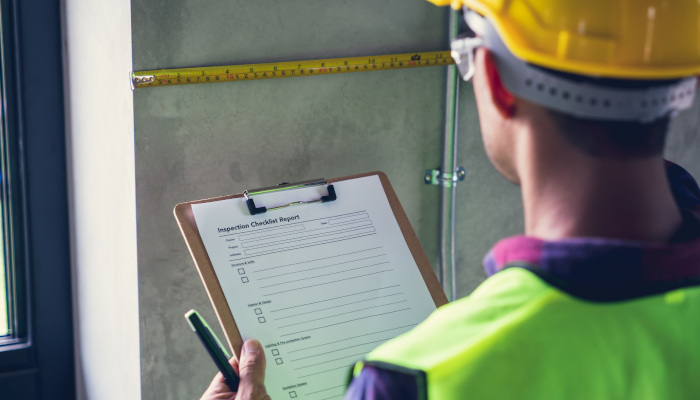Buying or selling a home is often one of the most significant transactions in a person’s life. Amid the excitement, ensuring that the property is a sound investment is crucial, and this is where a home inspection comes into play. Understanding the intricacies of a home inspection can safeguard your interests, whether you’re buying, selling, or just curious about the process.
What is a Home Inspection?
A home inspection is an objective evaluation of a property’s condition, conducted by a certified professional. When performed by an experienced home inspector in Orlando, FL, this examination covers various structural and mechanical components of a home, providing detailed insights into its current state and uncovering potential issues that may require attention.
Key Areas Covered in a Home Inspection
- Exterior Components:
- Roof: Inspectors look for signs of damage like missing shingles, leaks, or wear that might necessitate repairs.
- Foundation: Any cracks, shifts, or water drainage issues are identified to assess structural integrity.
- Siding and Windows: Evaluated for signs of wear, water damage, or poor insulation.
- Interior Components:
- Walls, Ceilings, and Floors: Checked for structural soundness, mold, and water stains.
- Doors and Windows: Functionality and seal efficiency are tested.
- Major Systems:
- Plumbing: Assesses leaks, pipe conditions, water pressure, and water heater operation.
- Electrical: Inspects wiring, outlets, panels, and checks for safety hazards like outdated systems.
- Heating, Ventilation, and Air Conditioning (HVAC): Evaluated for efficiency, safety, and potential malfunctions.
- Additional Features:
- Inspectors might examine garages, attics, basements, and any additional structures like sheds or gazebos.
Benefits of a Home Inspection
For Buyers:
- Informed Decisions: Gain a comprehensive understanding of the home’s condition, helping you make informed purchasing choices.
- Negotiating Power: Use the inspection report to negotiate repairs or price adjustments with the seller.
- Peace of Mind: Ensure that you’re aware of any major issues before closing the deal, preventing unexpected expenses post-purchase.
For Sellers:
- Marketability: Addressing issues before listing can make your home more appealing to buyers.
- Price Justification: A clean inspection report can justify a higher asking price.
- Reduced Negotiations: By providing a pre-listing inspection report, you diminish buyer requests and complications during negotiations.
The Home Inspection Process
- Choosing an Inspector:
- Look for certified professionals with good reputations and check reviews or ask for recommendations from trusted sources.
- Scheduling the Inspection:
- Coordinate with the current homeowner to arrange a convenient time. Inspections typically last 2-4 hours, depending on the property size.
- During the Inspection:
- Accompany the inspector if possible. This allows you to ask questions and gain first-hand insights into potential issues.
- Receiving the Report:
- Inspectors provide a detailed report outlining their findings, typically within 24-48 hours. The report will include photographs, descriptions, and recommended actions for any problems found.
- Post-Inspection Actions:
- Buyers may choose to renegotiate the purchase agreement, request repairs, or, in severe cases, back out of the deal. Sellers can use the report to make necessary improvements before re-listing.
Common Misconceptions About Home Inspections
- “A Perfect Report Means No Future Problems”: Inspections provide a snapshot of the home’s condition at the time and cannot predict future issues.
- “Only Older Homes Need Inspections”: Even new homes can have hidden defects due to improper construction, making inspections vital for all property ages.
- “Inspectors Will Find Everything”: While thorough, inspectors might miss hidden issues due to limited accessibility or non-visible problems.
Conclusion
A home inspection is an invaluable tool in the real estate process, offering both buyers and sellers the opportunity to engage in transactions with confidence. By highlighting potential issues and providing a detailed overview of a property’s condition, inspections enable informed decision-making and foster transparent negotiations. Whether you’re purchasing your first home or selling a long-time family residence, understanding the home inspection process—and appreciating its significance—ensures a smoother and more secure transaction. Investing in a comprehensive inspection is a prudent step toward safeguarding your investment and peace of mind.



